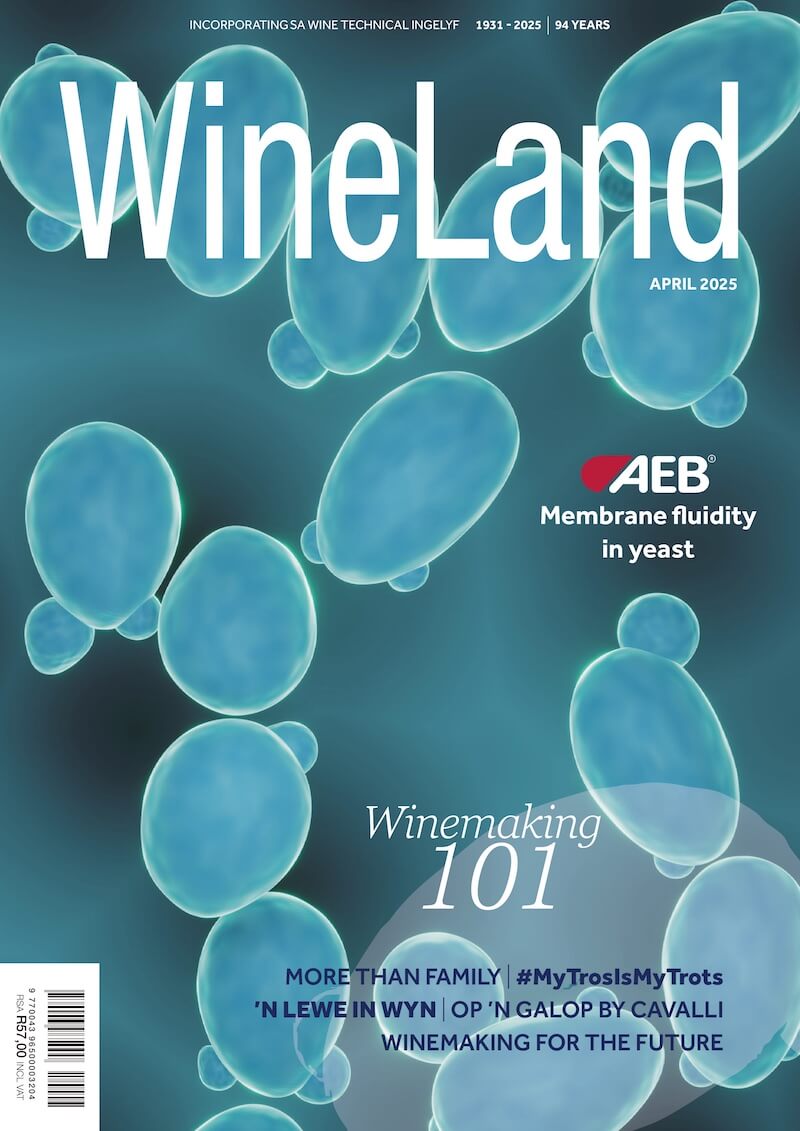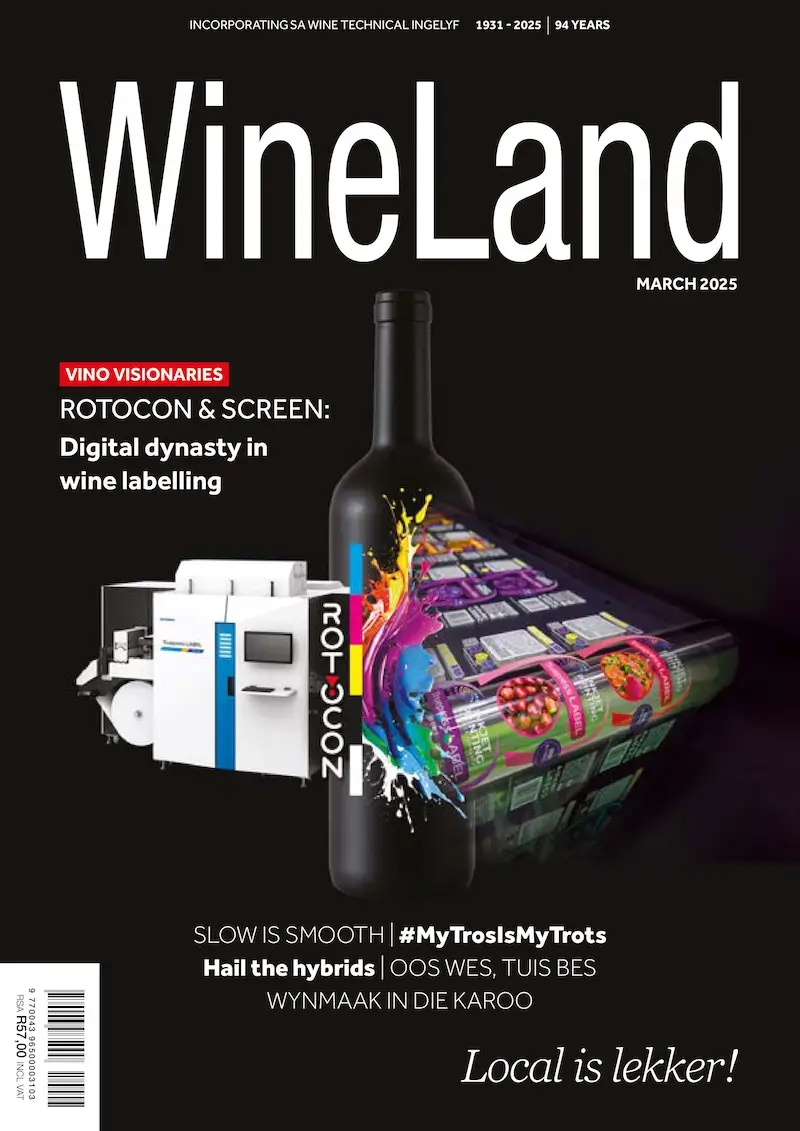 Youth development and training holds the key to a sustainable future for the wine industry.
Youth development and training holds the key to a sustainable future for the wine industry.
Developing young wine minds was the theme of the latest Rootstock session presented at L’Avenir’s new venue, Pinotage. The panel comprised individuals that run different programmes aimed at moulding young people within the wine industry. With skills development and training high on their agenda, it plays an important role in sustaining the wine industry.
This is what the presenters had to say:
Spot the gap
Panel facilitator, Unathi Mantshongo highlighted the need for the industry to make meaningful change where youth development gaps are seen. With her portfolio as transformation and development officer at VinPro, she emphasised the need for a joint effort in creating a tracked database of industry funded development programmes, as well as their successes and setbacks.
Develop at grassroots level
Child development starts from an early age, a gap that the Pebbles Project has identified in the winelands. Its director, Sophia Warner, said a component of the NGO’s focus – a school leaver programme – was essential in mentoring youth throughout higher education. Having catered for over 63 students since its inception in 2014, she hopes that joint ventures with other industry-based institutions will add value to their programme.
Launching talent differently
“These are employable young, enthusiastic wine ambassadors,” said Nikki Munro, programme director of Pinotage Youth Development Academy about their graduates. With the pool of youth in the winelands, she noted the PYDA platform prepared them for the wine industry and other related sectors. She thanked the producers and winemakers present that have completed the cycle by employing these students, quoting a couple of milestones that have been achieved by past graduates from the programme.
Connect to emotions
Elsenburg cellar master and lecturer, Lorraine Geldenhuys, felt the emotional connection to winemaking needs to be moulded. “Students need to know that winemaking is a lot of work but it is fun,” she said. With the current final years present, she noted the flow of innovative ideas she has seen in the cellar and hopes that these will be translated into sustaining the wine industry.
Beyond university borders
“Qualifying with a degree is not the end of it all; new innovative methods are constantly being developed to ensure efficiency in winemaking methods,” says Karien O’ Kennedy, representative of the Institute for Grape and Wine Sciences (IGWS). The emphasis of her talk was on the relevance of research and the need for “cellar-based trial” by winemakers. She also highlighted the bursaries and research projects that are funded by Winetech.
It’s a business
Jonathan Steyn, convenor of the UCT wine management programme said that a deeper understanding of the wine value-chain was essential. He noted the importance of pairing business knowledge with the traditional industry education on viticulture and oenology. “These skills would make wine industry organisations more competitive and innovative in the global wine environment,” he added.
Rootstock is a collection of young people from the South African wine industry, who get to meet from time to time to discuss topics of interest – with emphasis on innovation, leadership, education, creativity and marketing. It is a WineLand Media driven initiative.
For more information on the next session, follow us on Twitter: @RootstockSA and on Facebook: Rootstock SA













